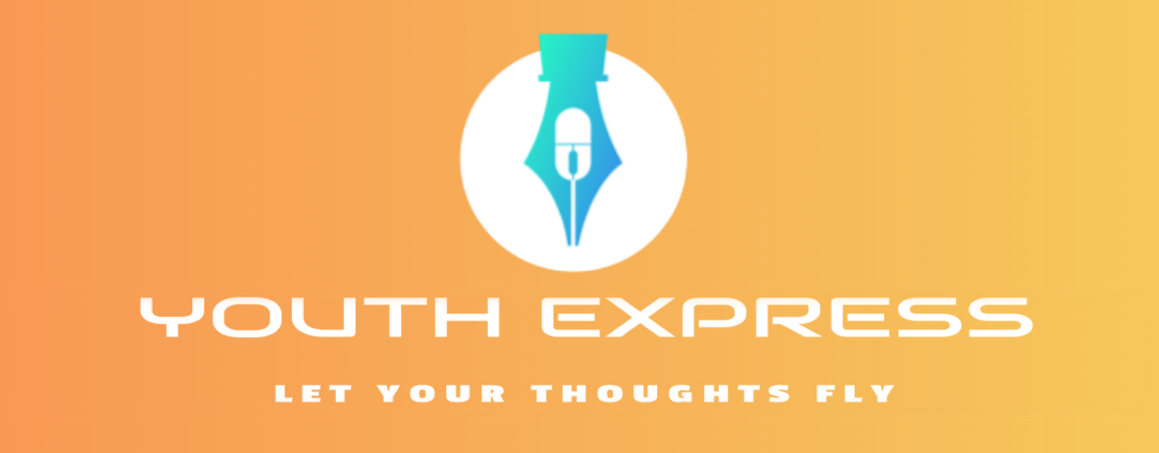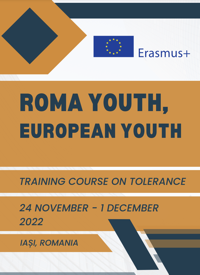Roma youth are European youth – Erasmus+ project successfully implemented in Iasi, Romania. The consortium of partners from Romania, Hungary, Greece, Italy, Finland, Lithuania, Czech Republic, Bulgaria, North Macedonia, Turkey and France has successfully completed the “Roma Youth, European Youth” Erasmus+ training project, aimed at improving the youth work methods and tools for the well-being, empowerment, and advocacy of minority youth through theatre techniques.
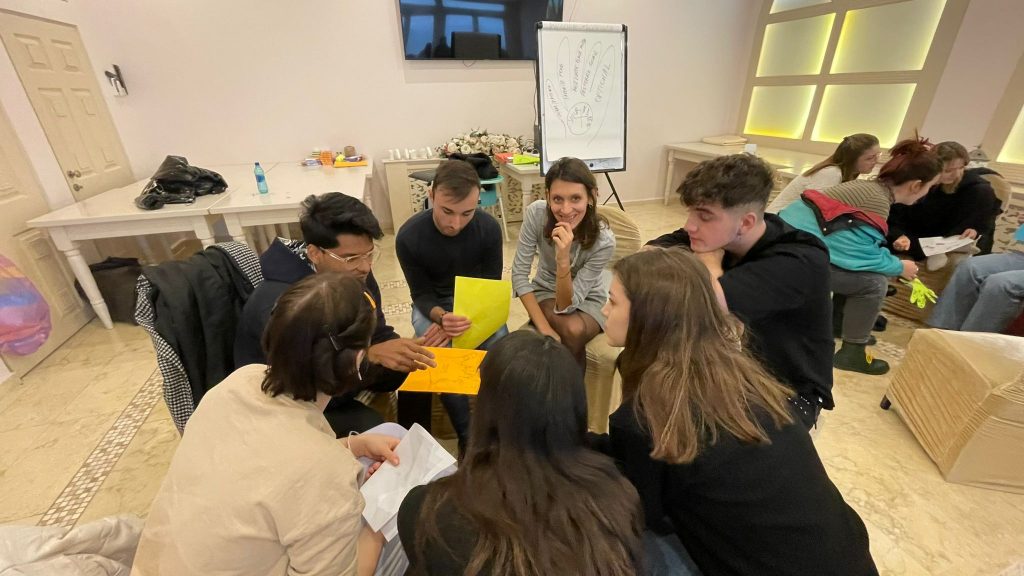
The project included a preparatory meeting held from 16-17 October 2022, and a training course from 24 November – 1 December 2022 in Iasi, Romania. The training brought together youth workers from different countries and backgrounds, who were trained in using theatre techniques such as Stanislavsky Theatre (psychological theatre), improvisation theatre methods, and pantomime methods to support the needs of minority youth, including migrants and refugees.
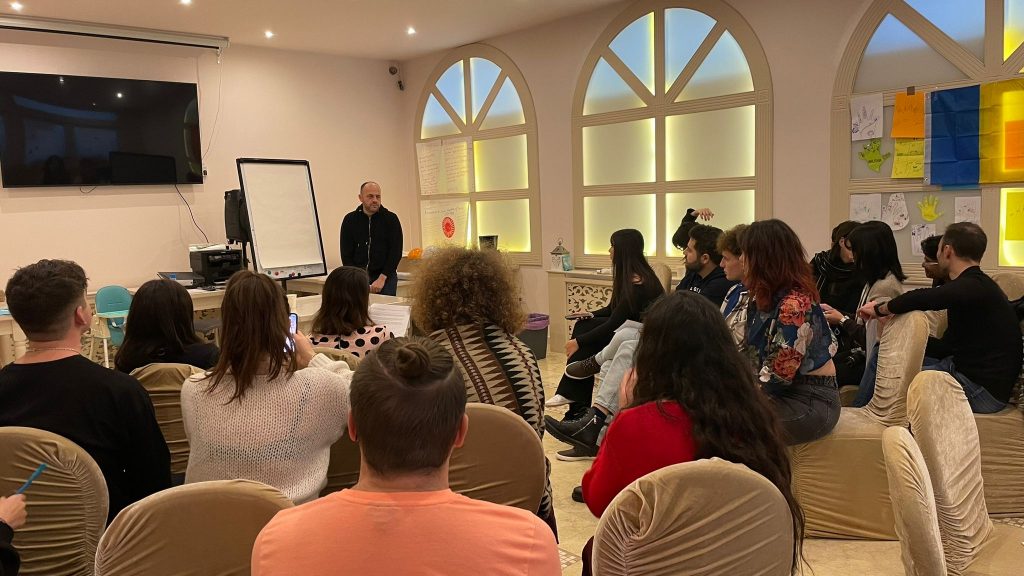
The overall aim of the project was to increase the ability of youth workers to address the needs of minority young people and to develop new methods of working with minorities, especially through theatre techniques. Additionally, the project aimed to raise youth workers’ awareness and understanding of other cultures and countries and to offer them the opportunity to build networks of international contacts.
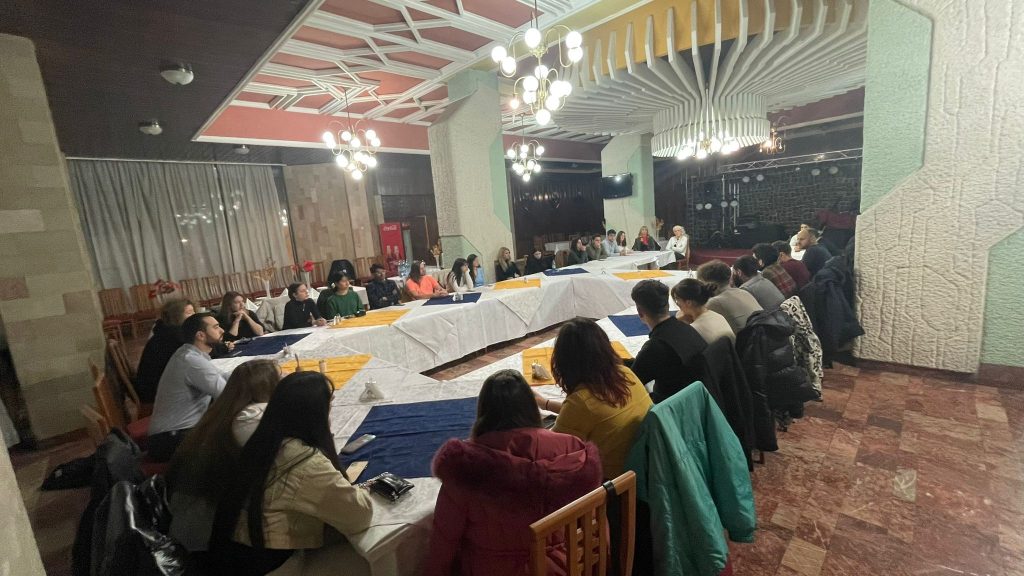
The training course was based on non-formal education, with experienced trainers facilitating the learning process of participants. The methodology was learner-centred, consisting of theoretical elements about Erasmus+, the theory about theatre and drama methodology, practical elements of equipping youth workers with theatre tools to work with minorities and empower them, elements of experience and practice-sharing, and elements aiming at the reflection on gained competences, developing new theatre methodologies to work with minority youth. Participants practised the methodology of Stanislavsky Theatre (psychological theatre), improvisation theatre methods, and pantomime methods.
Buklet:
The “Roma Youth, European Youth” project successfully met its learning objectives, which included increasing the ability of youth workers to address the needs of minority youth, developing new methods of work with minorities, raising youth workers’ awareness and understanding of other cultures and countries, and inventing youth exchanges addressing the needs and interests of minority youth according to the proposals of the Erasmus+ programme.
The project contributed to promoting social inclusion and empowerment of minority youth in Europe, and the consortium partners are proud of the success of the project and the impact it had on the participants and the communities they serve.
